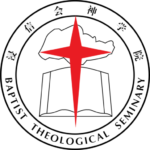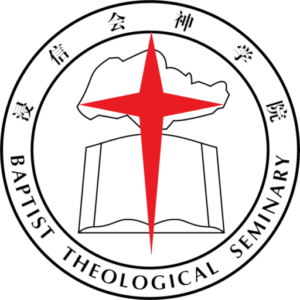From the President's Office
What is Pesah?
April 2023 Issue
A child may answer – “a Jewish pizza”. Well, not exactly. On April 5 to April 13, the Jews will celebrate Pesah – or “Passover”.
What is Passover? We all know the famous story of how God freed the enslaved Jews from Egypt through the ten plagues. The last plague was the death of the firstborn of the Egyptians but the Angel of Death passed over the Israelites’ firstborn. And so the celebration of Pesah commemorates God securing freedom from Egypt and slavery for the Jews.
The late Rabbi Jonathan Sacks did a thought experiment. Imagine a people that have been enslaved for two centuries and are on the verge of being set free. You are their leader. You know what is foremost on their mind. “Freedom”. Now comes your first public address. How would you motivate them?
If I were the leader, I would focus on describing the good destination that we are going towards. Give them something to look forward to. Knowing their nature, I would warn them against their own tendencies to rebel. Finally, aware of the enemies ahead and the Egyptians behind, I would alert them to keep watch and persevere.
But the amazing thing was that Moses did none of that. As a leader, what he did was unheard of! Exodus 12 and 13 record his first two speeches.
He focused on the next generation and ensuring that they remember how God freed them. Exod 12:26 ‘and when your children ask you, “what does this ceremony mean to you?”’ 13:8 ‘On that day tell your son, “I do this because of what the Lord did for me when I came out of Egypt”’. 13:14 ‘In days to come, when your son asks you, “what does this mean?” say to him, “With a mighty hand the Lord brought us out of Egypt … slavery.”’
The freeing of the Jews was miraculous even if you discounted the ten plagues. Egypt had about 1,500 gods at that time, but the real gods of Egypt were her rulers – the Pharaohs. Many historians believe that the Pharaoh in power at Moses’ time was Rameses II. He was the most powerful of the Pharaohs and ruled over an empire that had been in existence for eighteen centuries.
Pharaoh’s military invincibility, at that time, was based on his horse-drawn chariots. However, there was one key terrain in which chariots were powerless – wet muddy soil. And in the Red Sea, Exod 14:25 records that their chariots were stuck. The Israelites, on the other hand, were able to navigate on foot freely through this muddy terrain as if they were walking on dry land. And as the Red Sea swallowed up Egypt’s might, the Israelites learned once and for all that they were not to “trust in chariots and horses” but in the “mighty hand of God”. At Pesah, Moses emphasised passing this core value from generation to generation. Learning from Pesah, here at BTS, we aim to pass this core value to generations of potential pastors and missionaries.
The Chinese have a saying – “If you plan for a year, grow rice. If you plan for ten years, plant a tree. If you plan for posterity, educate a child”. Moses, a world-class leader, understood this principle well and so he focused on the theological education of the next generations in his Pesah speech. The lesson from Moses’ speech is that freedom was gained at the first Pesah but it could only be sustained by the education of many generations.
At BTS, we are committed to training men and women who are committed not just to reaching the present generation for God. But we are committed to training them to take it to the next generations. Our MEP (Ministry Emergence Programme) is dedicated to training a new generation of lay leaders for Christ. We have had three cohorts of young leaders so far (two in Chinese, and one in English). Our academic side is committed to blessing other Asian nations by training their future generations. We are training to pass on Pesah’s core value of not to trust in “horses and chariots” but in the “mighty hand of God”. At the same time, we remember at Easter that the resurrected Christ demonstrated this by defeating death right after Pesah.
This April, in order to offer you a taste of what we do and how we achieve this, we are instituting an “Open Class” where you can come and sit in some of our classes. It is our way of helping you or your friends to “remember” the presence and power of our great God and take it to the next generations.
I also want to thank you for those who have contributed to us generously after reading my last message. Your generosity has helped to lessen the deficit that we are experiencing. We thank God for you.
Rev Peter Lin
President

